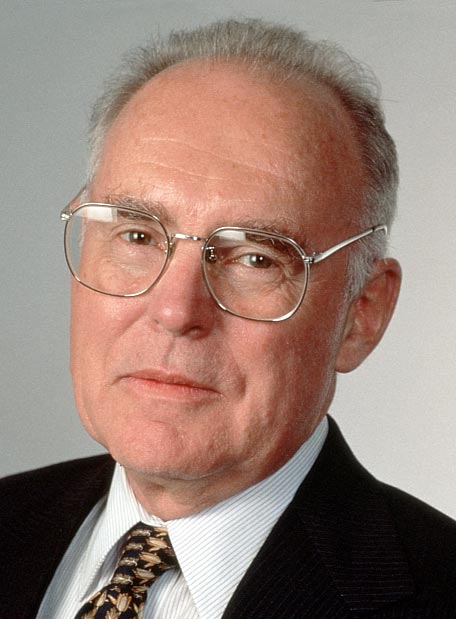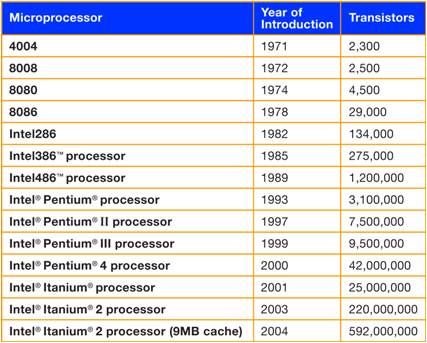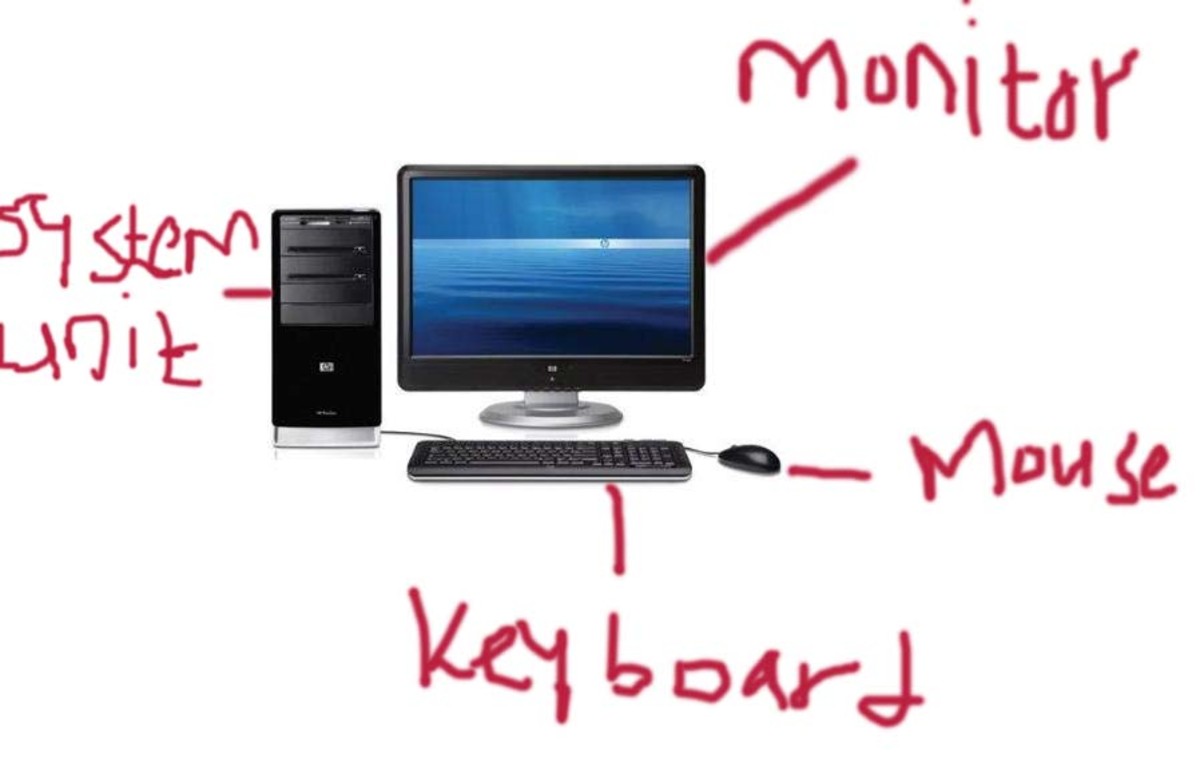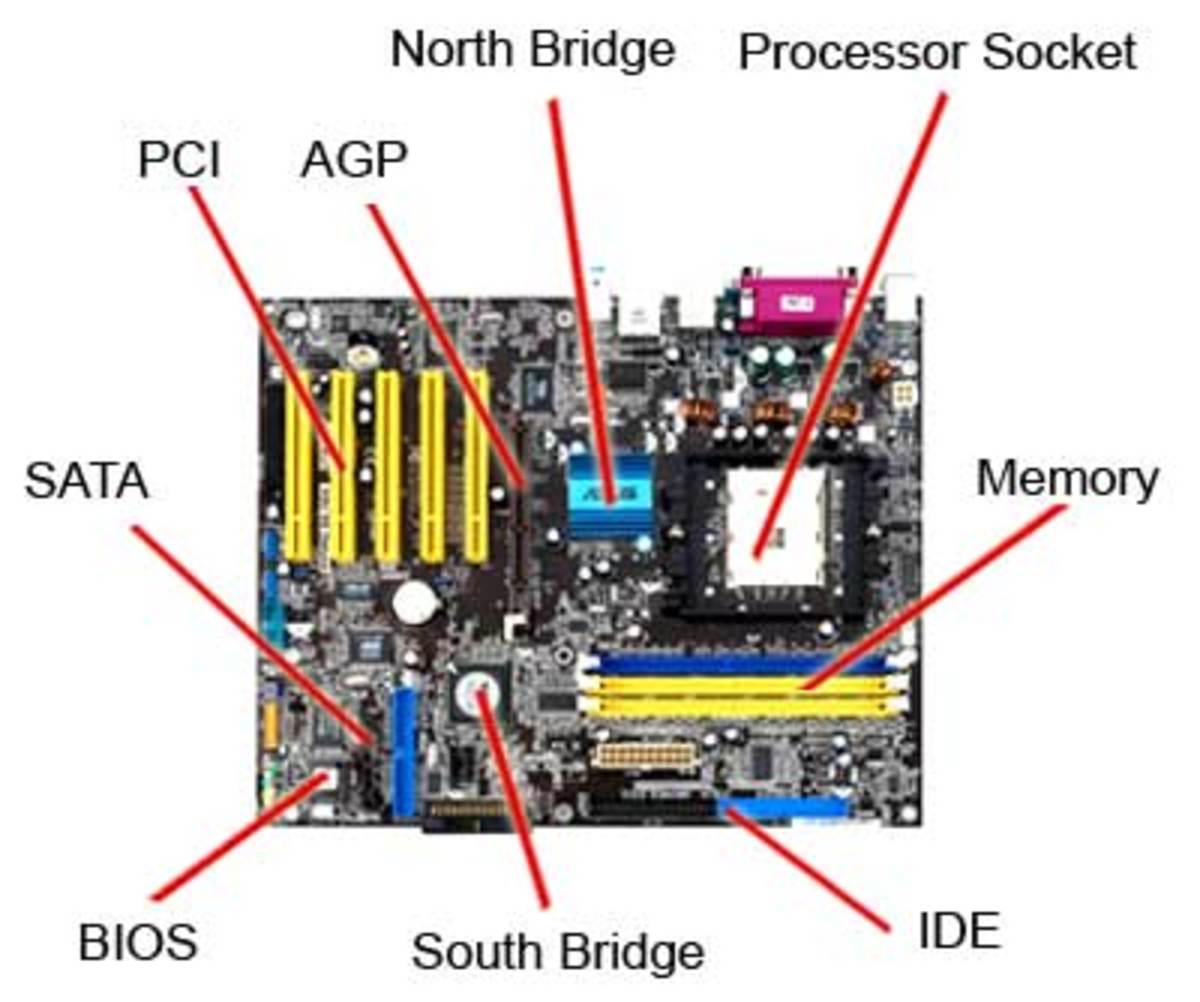Moore's Law: What it means for our future
Gordon Moore

Introduction
Since the first computer was created technology has made great advances. Computers have gone from taking up entire floors in a building to being held in the palm of its users’ hand. Communication has been affected as well; we are now able to speak to people who live halfway around the world, any time we choose! We have sent men to the Moon and have seen the outer edges of our own solar system, all because of the constant advances of technology. Who or what is responsible for this growth? What does this growth mean for technology in the future? Will humanity be affected by all of this, and if so, what will be those affects? These are just some of the things that might come to mind when a person thinks about technology and our future with or without it!
Moore's Law Explained!
What is Moore's Law anyway?
To better understand why technology has grown, one should know what “Moore’s Law” is. According to Merriam-Webster, Moore’s Law is: “an axiom of microprocessor development usually holding that processing power doubles about every 18 months especially relative to cost or size”. The law was first developed by Intel co-founder, Gordon Moore (1929-present) in 1965 and for the most part Moore’s’ predictions have been true. Does that make “Moore’s Law” the single driving force in the size and price war of computing devices, or are there other factors?
So what does that mean?
One of the biggest impacts of “Moore’s Law” has been the constant need to find a new source material for processing chips. In Moore’s 1965 paper, Moore himself said “Silicon is likely to remain the basic material, although others will be of use in specific applications.” That has also been another issue for our computing methods. Although silicon has been a great discovery for computing, the smaller we make it, the less likely it is to withstand the heat of electrical current. So Moore was right about silicon, in a sense, because for nearly 50 years silicon has been number one! However, there is research being done to find new materials to either make new chips or to accompany silicon and help disperse the heat better. One of these new materials is Graphene, which according to Merriam-Webster is “an extremely electrically conductive form of elemental carbon that is composed of a single flat sheet of carbon atoms arranged in a repeating hexagonal lattice”. As time goes by there are sure to be a number of alternatives that may be used for our digital devices.
A breakdown!

Is this the end of Micro-processing?
There are those that doubt “Moore’s Law’s” validity or its continued existence. One of these people is Bernard Meyerson, the VP of innovation with IBM. He says, “The truth is, Moore's Law died in 2003. It's been effectively dead for ten years but we've continued to struggle with it.” Meyerson goes on to say, “What most people don't know is that Gordon [Moore] wrote half the answer … Bob Dermard wrote the other half: for how you do it.” Meyerson claims there is a problem with the scaling, indicating that the device would incinerate if scaled too much. He also states that, “All the meritorious things of scaling are going away. The only thing you really get is that you are shrinking the transistors. But the costs don't go down anymore. Silicon itself has become a limitation.”
What is in store for the future of computing?
How will this affect the public?
What does this mean for us, the users’ of the technology? While the technology that drives all of our devices may be changing very soon, the question comes to mind… Will we soon be adapting to new types of devices? We very well might be looking at a change, but if we look at the trends in marketing and technology, as Gordon Moore had once done, we might notice something. Devices may change and the way we use them may change, as well, but the fact is consumers will still demand user friendly, fast, and easy operating systems. Moore’s Law has driven the size and scope of our computing devices ever since Gordon Moore first introduced it to us in 1965, we may find that someday it no longer applies to us. Until that day comes, however, we are bound to the Law. Moore’s Law!
Poll
What do you think about Moore's Law?
Works Cited
Edwards C. “MOORE'S LAW IS DEAD, PROCESSOR PROGRESS LIVES ON, SAYS IBM EXEC.” Engineering & Technology (17509637) [serial online]. March 2014;9(2):12. Available from: Academic Search Complete, Ipswich, MA
Moore, Gordon E. "Cramming More Components onto Integrated Circuits, Reprinted from Electronics, Volume 38, Number 8, April 19, 1965, Pp.114 Ff." IEEE Solid-State Circuits Newsletter 20.3 (2006): 33-35. Print.
Some things to think about:
1: What are some of the ways that we might break away from Moore’s Law?
2: What do you think might happen if we reach the end of Moore’s Law without an alternative?
Other Hubs by me:
- Magus Magnate (Chapter One)
Over a hundred years ago a war erupted in the world of Marneria! The Church of Relon declared that all races, other than Man, were inferior heathens. Now it is time for the war to be ended! - Cloud Computing & the Future of Software
A look at the Cloud Model, where it has brought us and were it will continue to go! - A Journey into the World of Warcraft
An anthropological look at World of Warcraft. - Cultural Shadow
A stirring look at our current american cultural standing, using a psychologist, a historian, and a novelist to help point out the err of our ways! - Constantly Connected: Where is Technology Leading Us?
A look at what technology has given our society! - Vertical Farming: Feeding our future!
A look at what Vertical Farming is and how it can benefit our world!
© 2014 Jeremy Floyd








